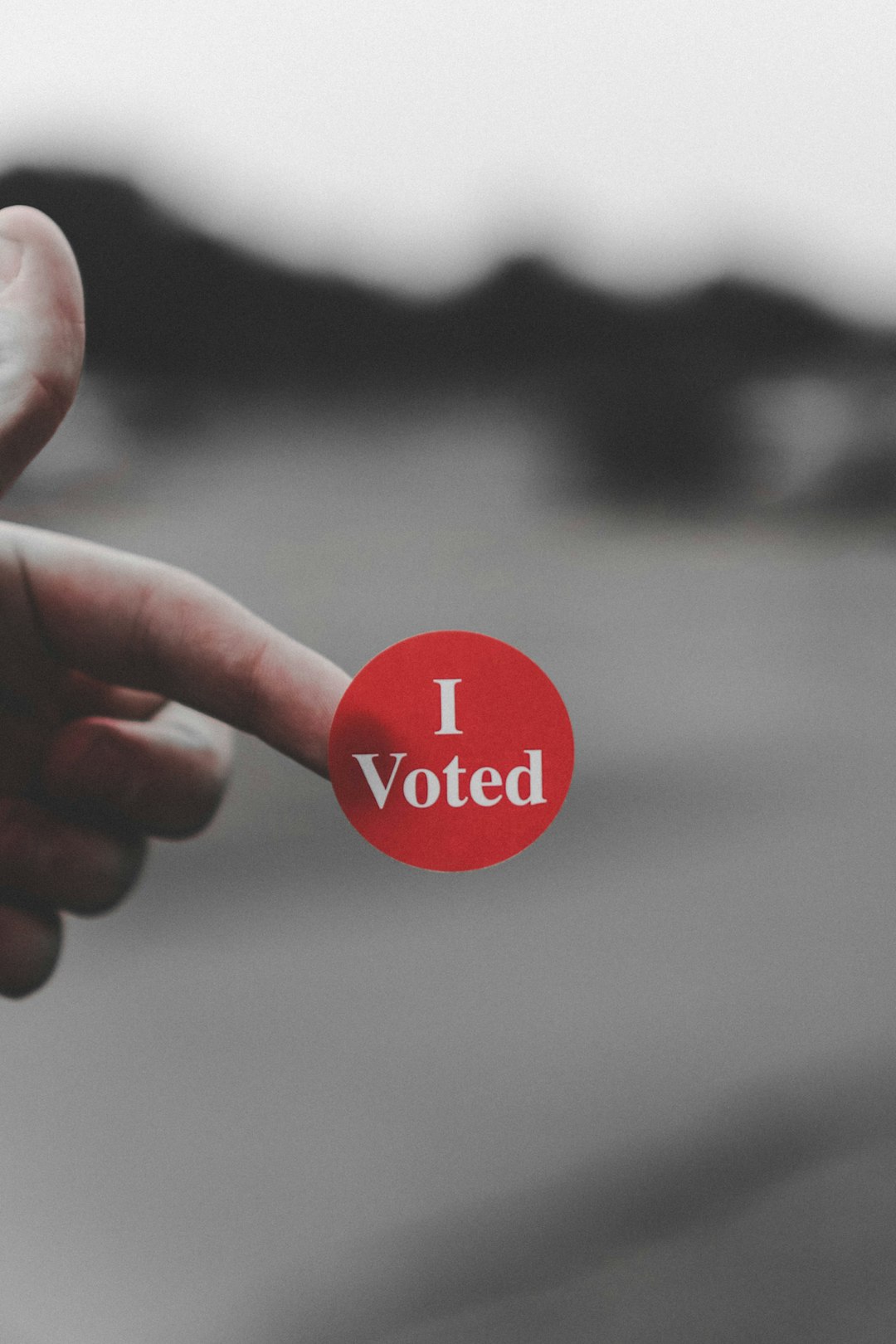
The Conservative Conundrum: The Unspoken Truth About Mandatory Union Fees
In the grand chess game of American politics, one piece often gets overlooked: the mandatory union fee. It’s the proverbial elephant in the room that many conservatives would rather ignore while they sip their lattes and contemplate the latest tweet from the political elite. But let’s not kid ourselves; this is a topic that deserves a closer look, particularly as we navigate the murky waters of labor relations and individual liberties.
The Basics of Union Fees
Mandatory union fees, also known as agency fees, are payments required from non-union members who benefit from the collective bargaining efforts of a union. In a world where the phrase “paying for what you get” should apply, it’s perplexing that many individuals are obligated to line the pockets of organizations they may not even support. This situation raises a crucial question: should individuals be coerced into funding unions that often push political agendas contrary to their beliefs?
The Libertarian Perspective
From a libertarian standpoint, the answer is a resounding “no.” The idea of mandatory union fees is antithetical to the principles of personal freedom and choice. Would you pay a subscription for a magazine you don’t read? Of course not! So why do we tolerate a system that forces workers to contribute to unions that may not reflect their views? It’s a classic case of coercive collectivism, masked as a collective good.
A survey conducted by the National Bureau of Economic Research revealed that nearly 60% of workers felt they should have the option to opt out of union fees, citing concerns over political spending and representation. These figures suggest a growing discontent among the workforce, yearning for greater autonomy over their financial contributions.
Unions and Political Agendas
Let’s not pretend that unions are just benign organizations looking out for workers. Many unions have a long history of engaging in political activities—activities that often lean leftward. The American Federation of Labor and Congress of Industrial Organizations, for example, has historically endorsed policies and candidates that align with progressive ideologies. This raises another essential issue: why should conservative workers be obliged to contribute to political campaigns that directly oppose their values?
In a world where political contributions can swing elections, mandatory union fees become a weapon of ideological warfare. Conservatives often find themselves on the losing end of the stick, funding initiatives that undermine their beliefs while being told it’s for the “greater good.”
The Economic Argument
Now, let’s talk dollars and cents. Several studies have shown that states with right-to-work laws—which allow workers to opt out of paying union fees—tend to see faster job growth and lower unemployment rates. According to the National Right to Work Committee, these states experienced a 15% faster job growth rate compared to states with mandatory union fees. It’s almost as if giving workers the freedom to choose their affiliations leads to economic prosperity. Shocking, I know!
Moreover, economists argue that mandatory fees can stifle competition and innovation. When unions have a chokehold on industries, they can dictate terms that may not necessarily benefit employees or employers. The result? A sluggish economy that fails to adapt to the changing landscape of the workforce.
Counterarguments and Rebuttals
Critics of the right-to-work movement often suggest that eliminating mandatory fees will weaken unions and diminish worker protections. However, this argument is fundamentally flawed. Strong unions should be able to demonstrate their value to workers, convincing them to join voluntarily rather than through coercion. If unions are genuinely serving their members’ interests, why are they afraid to let workers choose?
Furthermore, the notion that unions are the sole protectors of worker rights is a myth. History has shown time and again that individual workers can negotiate their terms without a union intermediary. With the rise of technology and social media, employees now have more platforms than ever to voice their concerns and organize without the need for a middleman.
Conclusion: A Call for Freedom
In the end, the conservative conundrum surrounding mandatory union fees boils down to a fundamental question of freedom and personal choice. Should individuals be forced to contribute to organizations that may not represent their views or interests? The answer is clear: no.
As conservatives, we must challenge the status quo of mandatory union fees and advocate for a system that respects individual liberties and promotes economic growth. It’s time to stop ignoring the elephant in the room and start a conversation about the real implications of mandatory union fees. After all, in a society that prides itself on freedom, shouldn’t the right to choose extend to union membership as well?
Let’s raise our voices and demand change—because who wouldn’t want to liberate workers from the shackles of mandatory fees? It’s about time we put the power back in the hands of the individual.
Meta Description: Explore the Conservative Conundrum surrounding mandatory union fees, examining the implications on individual liberty, economic growth, and the political agendas of unions. Discover why this issue deserves a closer look.
Tags: opinion, editorial, current events, mandatory union fees, individual liberty, economic growth, labor relations.


